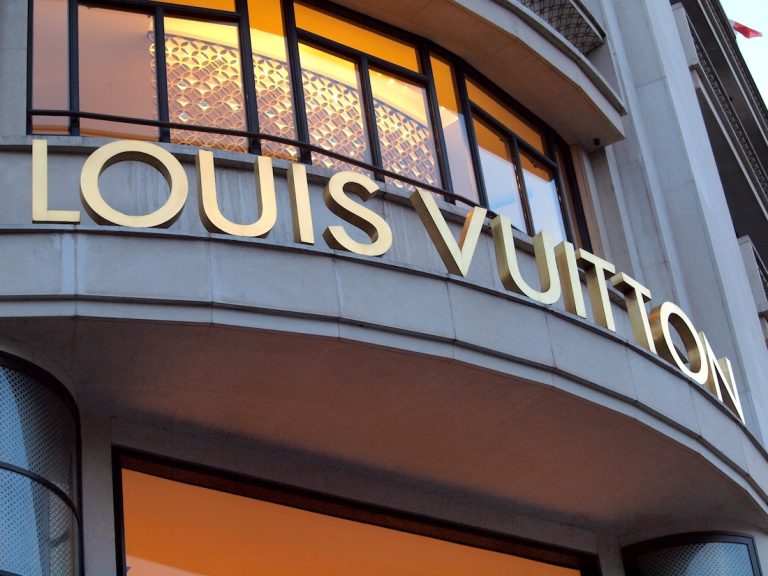
This influx of international shoppers has led to bustling stores in major Japanese cities, with popular shopping districts in Tokyo, Osaka, and Kyoto becoming hotspots for luxury purchases.
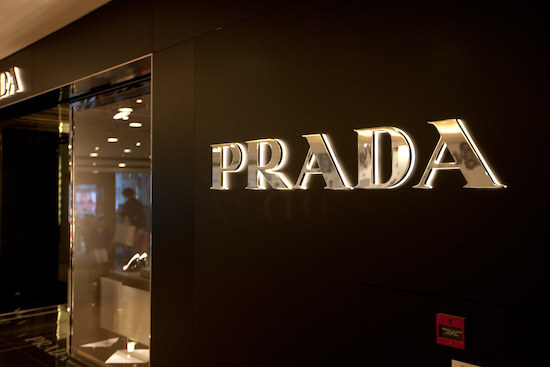
As the Japanese yen experiences a significant depreciation, hitting a 38-year low against the U.S. dollar last month, tourists from around the world are flocking to Japan to take advantage of the favorable exchange rates.
This currency fluctuation has turned Japan into a hotbed for luxury shopping, with international visitors snapping up high-end clothes and handbags at discounted prices.
However, global luxury brands like LVMH, the parent company of Louis Vuitton, are not entirely pleased with this trend, as they prefer customers to shop in their home markets.
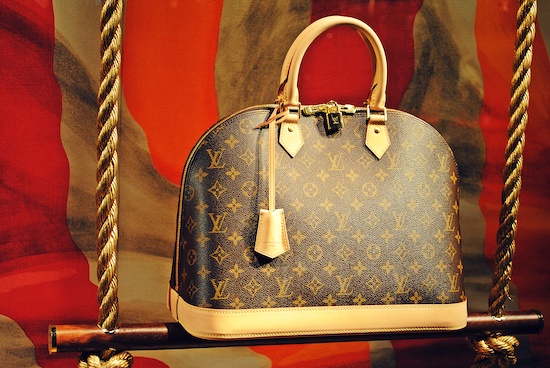
Tourists, particularly from other parts of Asia, Europe, and North America, have been quick to capitalize on the weakened yen.
For instance, a Louis Vuitton Neverfull MM bag, typically priced at around $2,030 in New York, can be purchased in Tokyo for approximately ¥275,000, which, with the current exchange rate, is roughly $1,870—a savings of over $160.
Similarly, a Chanel Classic Flap Bag, costing about $9,500 in the United States, is available in Japan for around ¥1,290,000, translating to roughly $8,800, providing a savings of $700 or more.
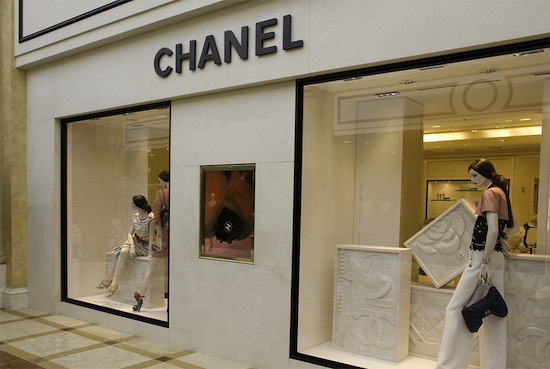
Other luxury brands like Gucci, Hermes, and Prada are also seeing increased sales in Japan as savvy shoppers seek out deals that are significantly cheaper than in their home countries.
For example, a Gucci Marmont bag, priced at $2,350 in New York, costs around ¥320,000 ($2,180) in Tokyo, offering a substantial discount.
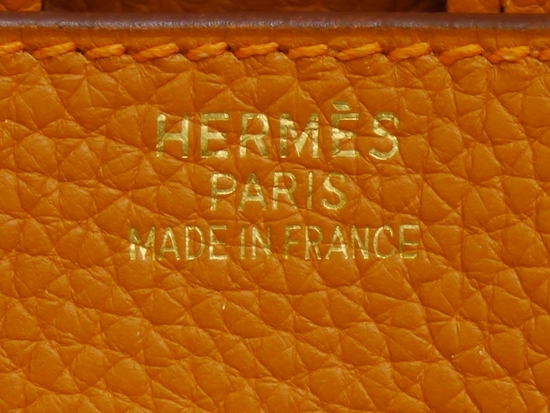
Retailers are experiencing an unprecedented boom, with many tourists taking advantage of Japan’s tax-free shopping for foreigners, further increasing their savings.
While this surge in tourism and spending boosts the local economy, luxury brands are concerned about the long-term impact on their pricing structures and market positioning.
Companies like LVMH and others may be forced to consider price adjustments or other strategies to manage this unexpected influx of foreign shoppers.
For now, however, the weak yen continues to draw tourists eager to experience the allure of high-end fashion at a fraction of the cost they would pay at home.
As the yen fluctuates, the situation remains dynamic, with tourists closely watching exchange rates and brands evaluating their global pricing strategies. This phenomenon underscores the complex interplay between currency values and international commerce, particularly in the luxury goods sector.
Weak Yen Fuels Tourist Surge to Japan for Luxury Shopping (Aug. 1, 2024)
#LuxuryShopping #JapanTravel #WeakYen #FashionDeals #LuxuryBrands
Tags: Tourism, Japan, Yen, Currency, Luxury Goods, Shopping, Economy, LVMH, Global Brands